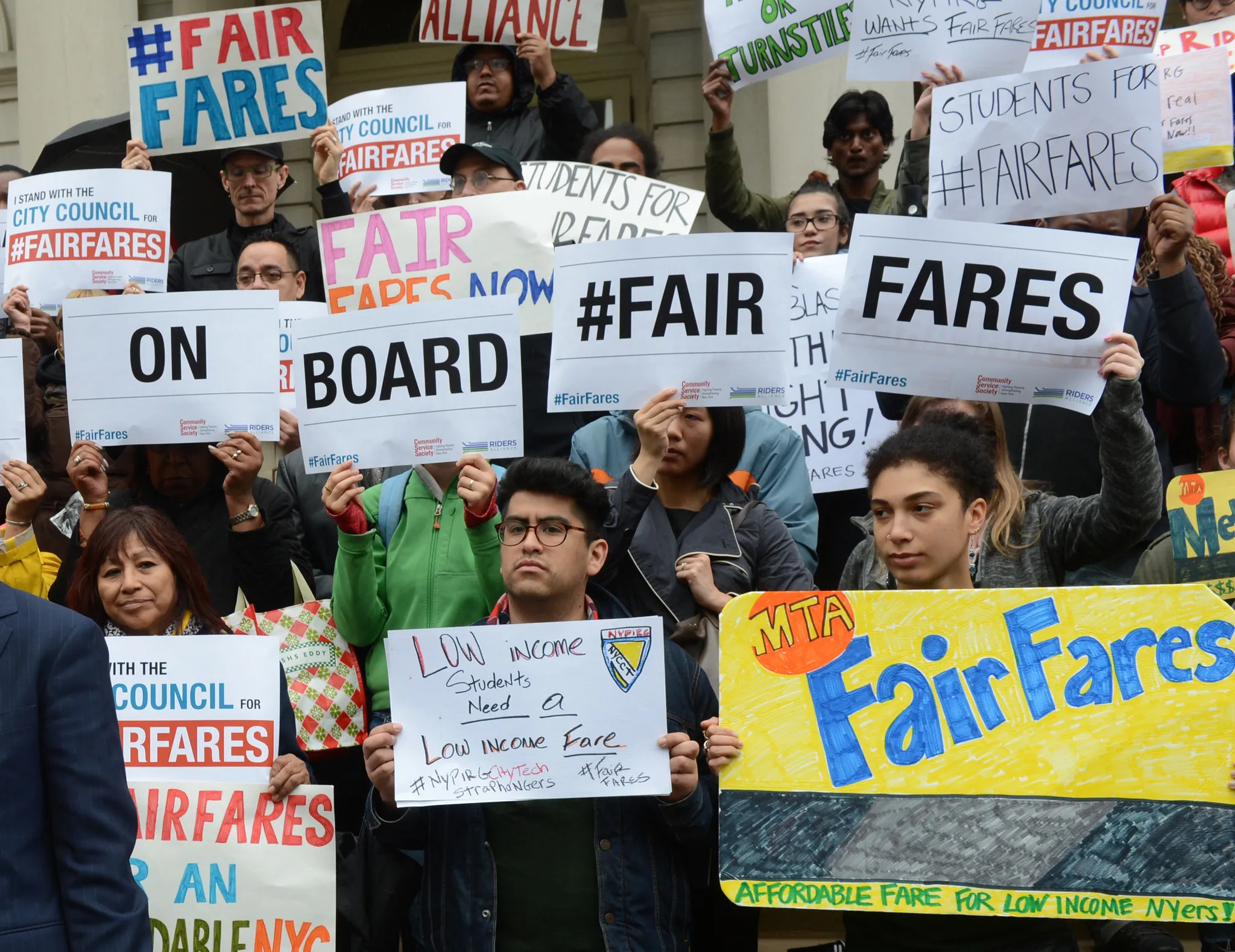In Florida, how do you go about claiming your unclaimed funds?
Unclaimed Money In Florida: After you’ve located your unclaimed property in Florida, you’ll need to fill out a claim form. Each claim form specifies which documents you must submit.
A copy of your current identity with your current mailing address, as well as evidence proving account ownership, will be included in this documentation.
Once you’ve finished, mail the completed claim form together with any supporting paperwork to the address listed on the form. After submitting a completed claim, the Department has 90 days to determine whether you are entitled to the unclaimed property.
A driver’s license or other government-issued identification may be required to establish your identity.
If your current mailing address differs from the one on your ID, you may need to produce additional documents, such as a current energy bill, to confirm it.
If you are claiming property on behalf of a decedent, you must produce a certified death certificate for the owner, as well as identification and signed claim forms for all of the owner’s heirs, in addition to proof of ownership.
How do you go about locating unclaimed funds?
Table of Contents
Determine whether you’re looking for property for yourself or for someone else when looking for unclaimed money.
We recommend that if you’re looking for unclaimed property for yourself, you also look for any persons who may have died and left you money.
If you’re looking for yourself or someone else, be sure you have personal information on hand to help you out.
You’ll need information on employers, unions, and other organizations that may have held money for you or the deceased, in addition to the name, address, former addresses, and social security number.
If you’re looking for property for a deceased person, you may need to show proof that you have the authority to file a claim on their behalf.
You should also conduct searches at the national and state levels. Check the state’s unclaimed property database for all applicable states when conducting state-level searches.
These state databases can be found on state treasury websites. Treasury, comptrollers, controllers, and financial officials are all terms used to describe these websites.
On a national scale, you should look for typical sources of unclaimed assets, such as the IRS, pensions, life insurance plans, and government bonds.
When performing your search, you want to be sure you look for all options for your name or the name of the deceased.
We recommend conducting searches using the following criteria: last name, first name, first initial, nicknames, married names, maiden names, and previous married names.
If you don’t have time to perform your own unclaimed property search, you can hire a third party to do so for you.
For their services, they usually charge a percentage of the property they retrieve. States may establish rules about who can search for unclaimed property on behalf of claimants.
What is the definition of unclaimed funds?
Property that has not been claimed by the owner is referred to as unclaimed money or unclaimed property.
A financial institution, bank, firm, or other business usually holds this property for the property owner.
To be termed unclaimed property, the institution holding it must have been unable to contact the owner for a long amount of time, usually at least one year, though the time limit is normally prescribed by statute.
Unclaimed property moves from the institution to the state after it is confirmed to be unclaimed, though unclaimed federal property remains with the federal agency that held the item.
Unclaimed property databases were created by the states to assist people in locating their unclaimed money or property.
The reporting of unclaimed property in Florida is governed by Florida Statutes 717.117.
It explains what constitutes unclaimed property in Florida, how property is judged to be unclaimed, how property is reported to the state, and how unclaimed property is collected.
Read Also:












































